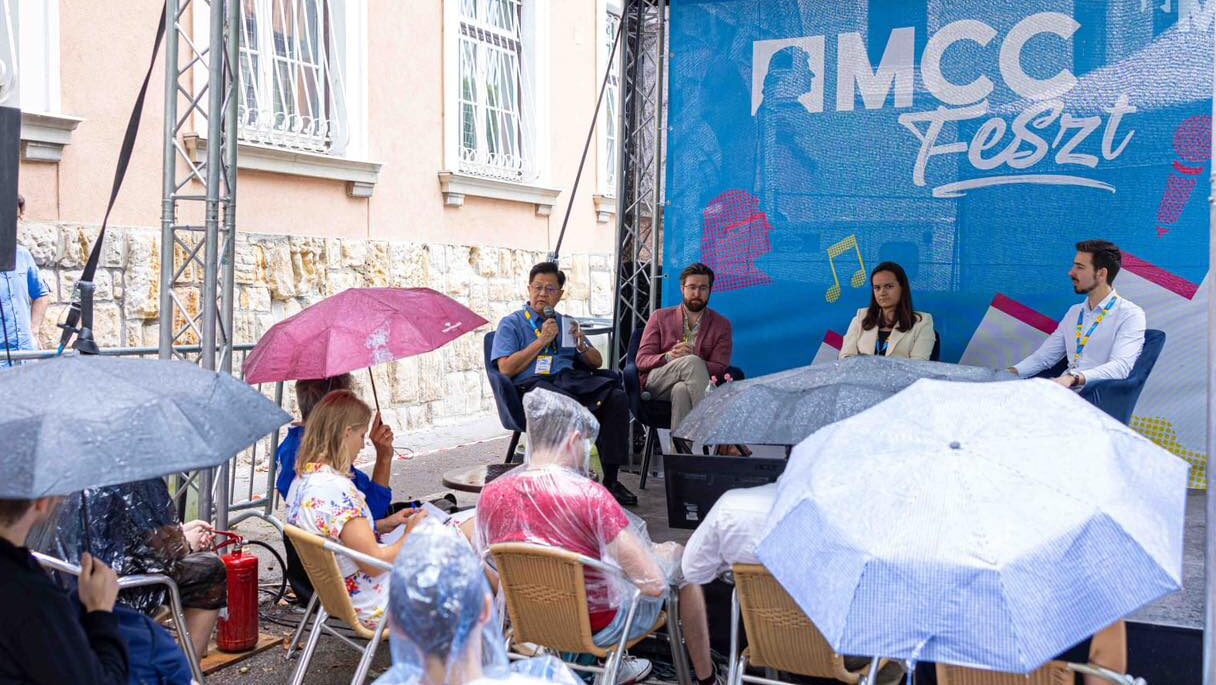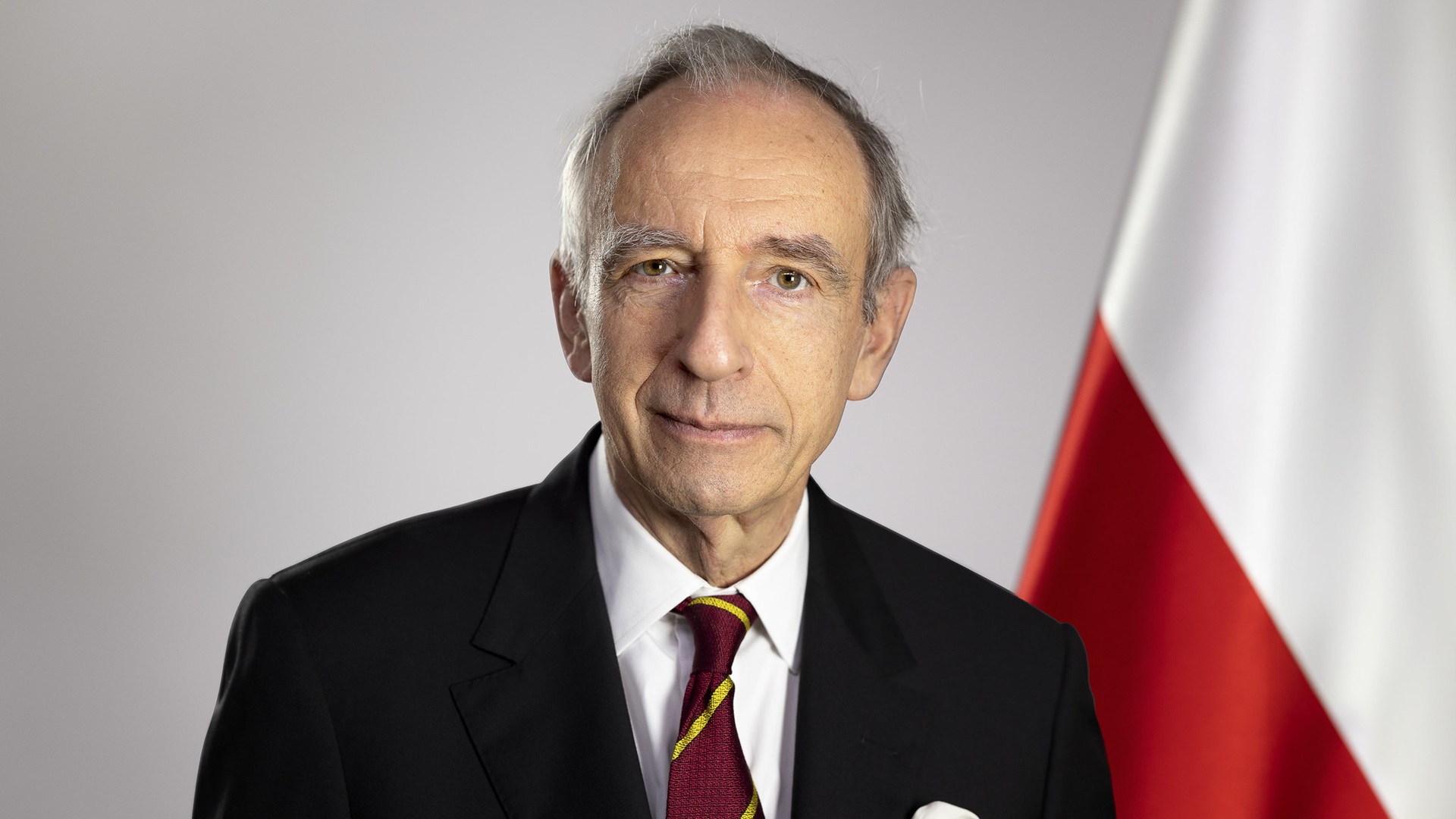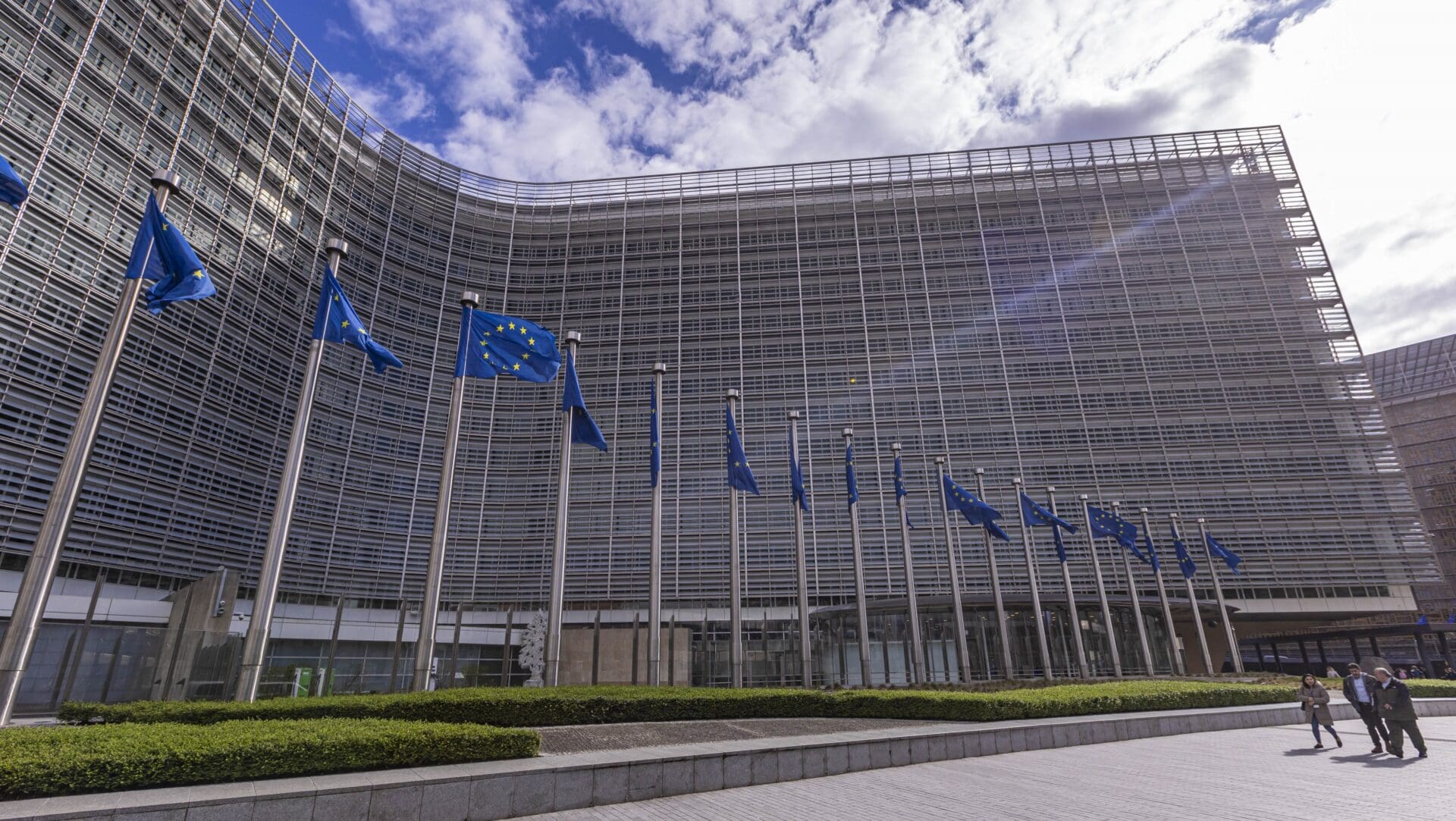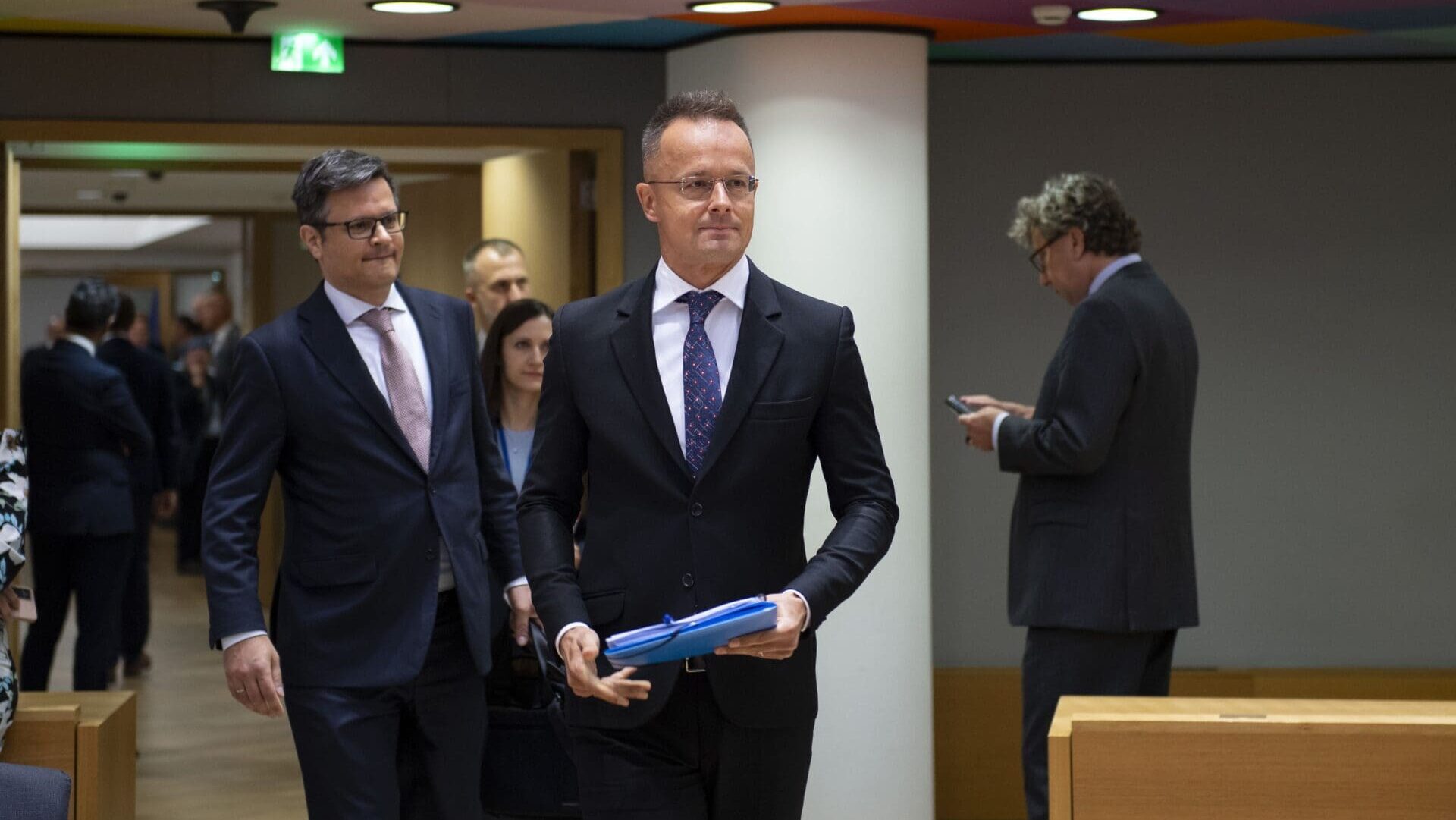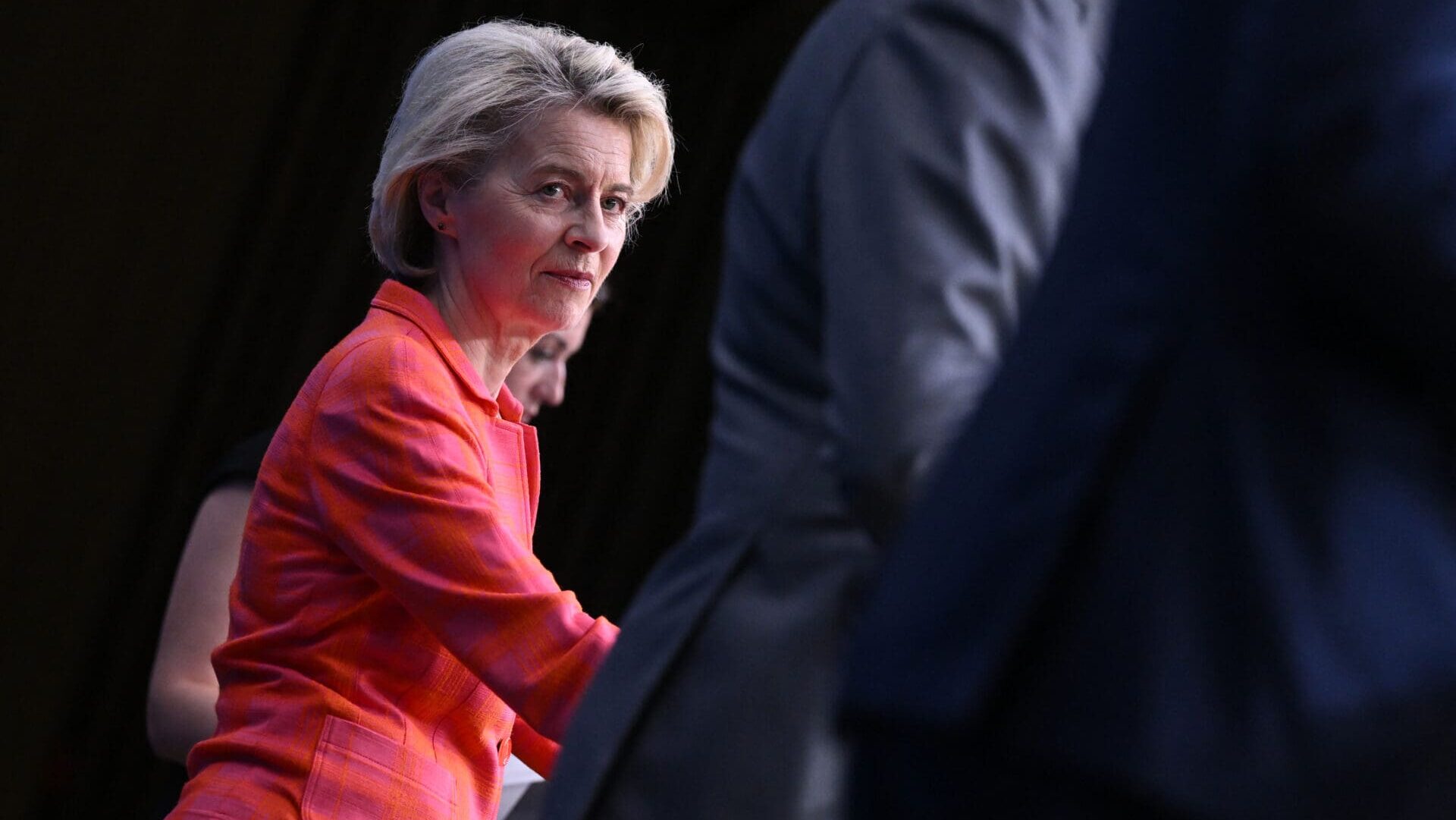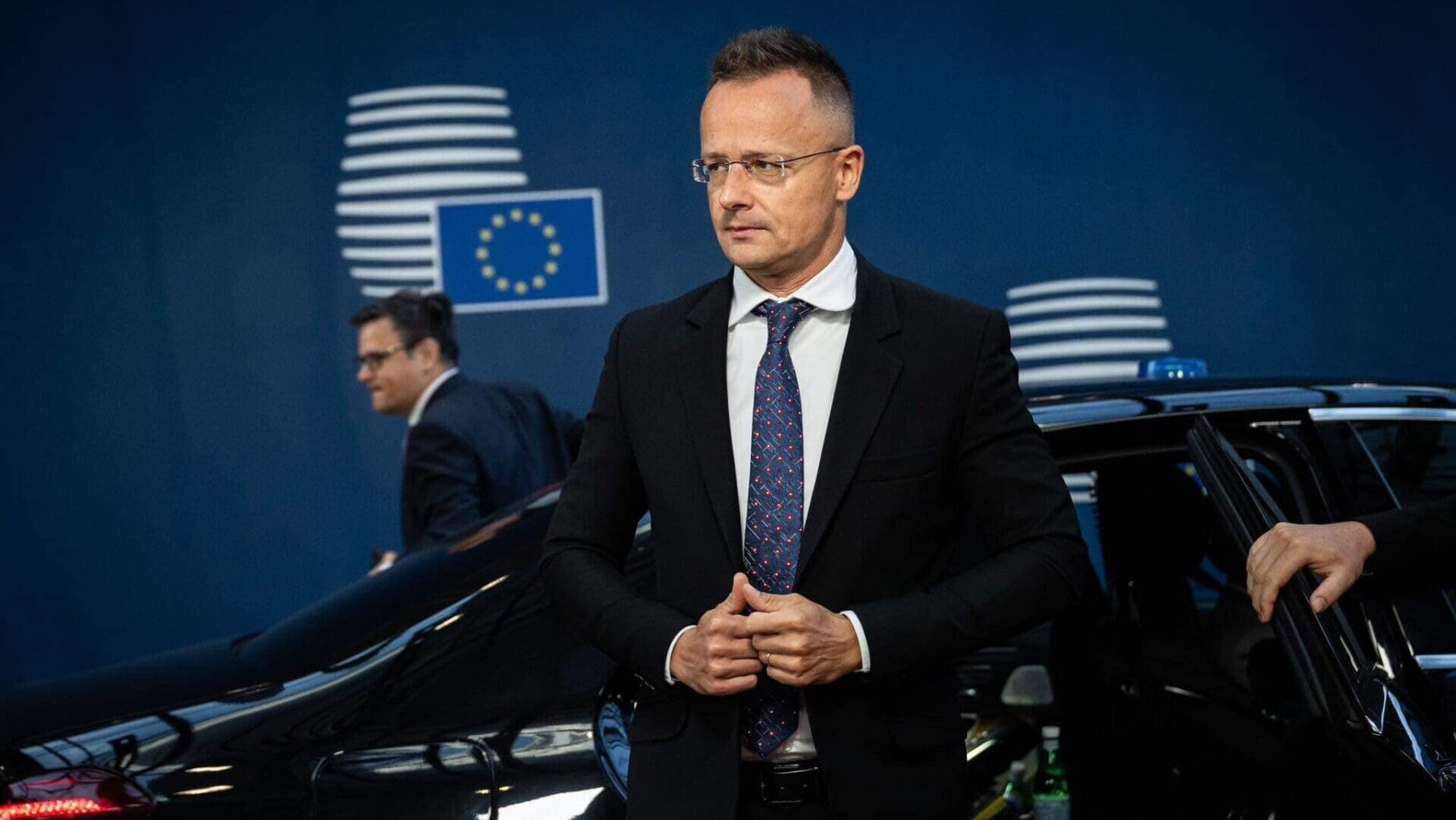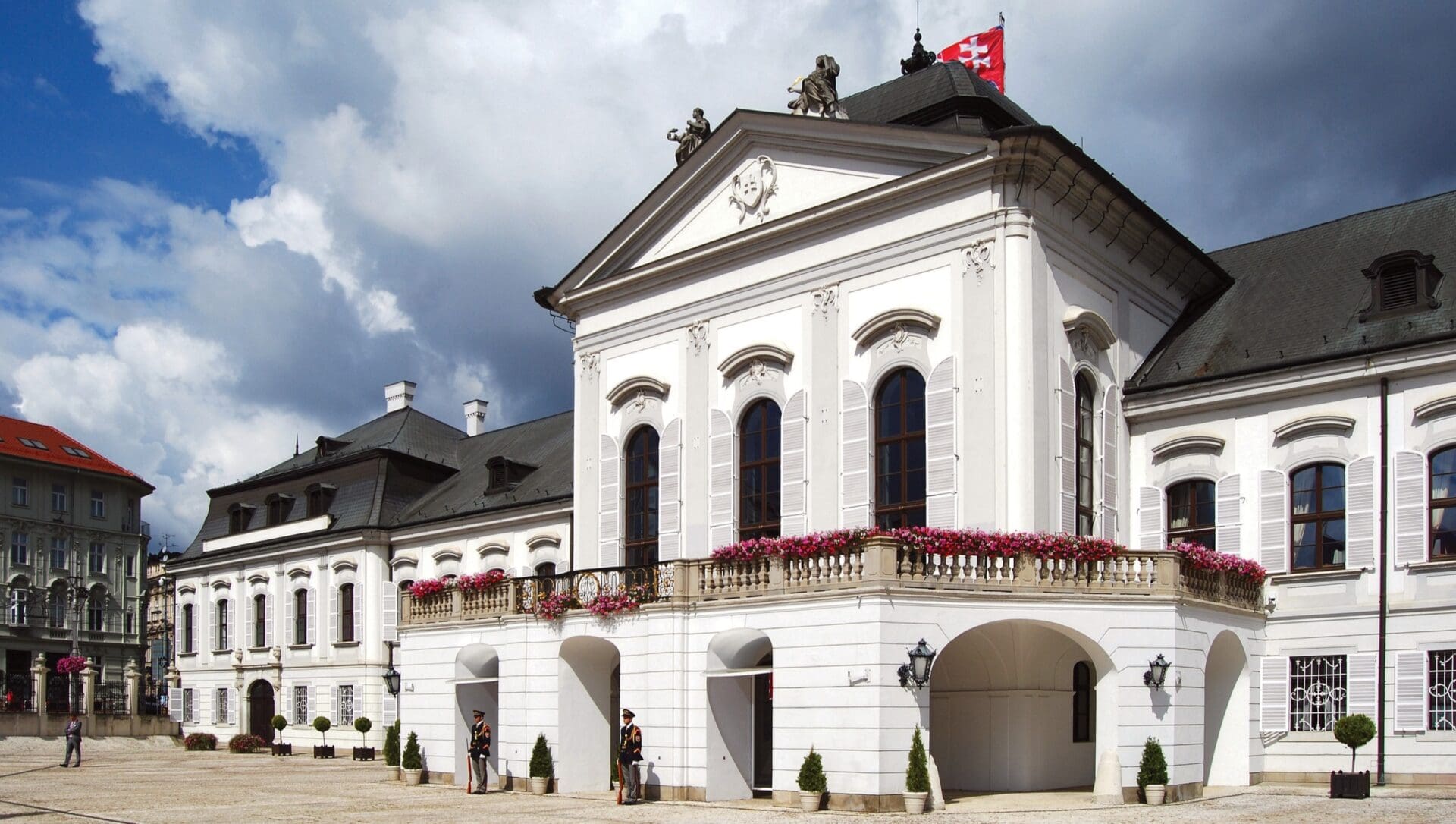
Axiom Space’s Ax-4 Crew, Including Hungarian Astronaut Tibor Kapu, Arrives in Houston
On Monday, Axiom Space officially confirmed that in partnership with Hungary, Poland (with support from the European Space Agency), and India, each of these nations will send an astronaut to the International Space Station (ISS) as part of the Axiom Mission 4 (Ax-4).

